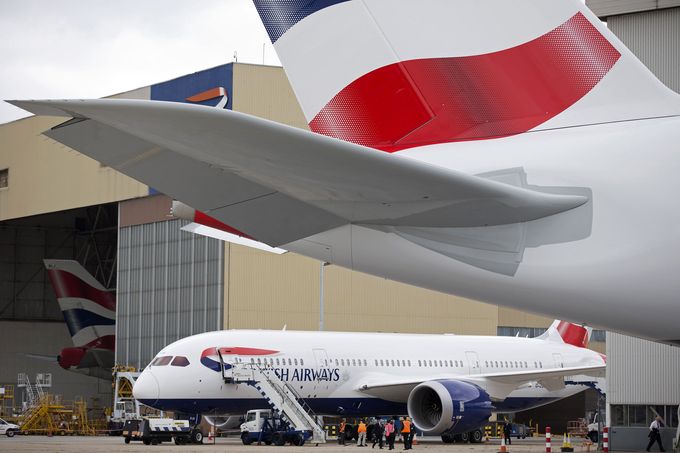- Nigeria is Facing Serious Revenue Problem – Budget Office
The weak revenue to GDP ratio has been highlighted as a major issue to the Nigerian economy and growth.
According to the Director-General, Budget Office of the Federation, Mr Ben Akabueze, there is an urgent need to up revenue generation.
Akabueze, who attended the Strategic Dialogue on the Morocco-Nigeria Relations in Abuja, said: “For us in Nigeria, lately, there has been a lot of talk about the government’s borrowings and those who talk about it are justified to express the concern. But the truth is that I think we are generally having the wrong discussion. I personally don’t think we have a debt problem, but we have a serious revenue problem, which, if we do not address, will snowball into a debt problem.”
The Director-General pointed out that Nigeria’s debt to GDP ratio stood at about 20 percent, while Morocco is 63 percent with over 3.4 percent deficit to the GDP. Nigeria deficit to GDP is capped at 3 percent. Meaning, Nigeria has one of the lowest debt to GDP ratio in the world.
However, debt service to revenue ratio rose above 60 percent in 2017 when national debt climbed to $73 billion.
Mrs Catherine Pattillo, Assistant Director, Fiscal Affairs Department, IMF, said Nigeria’s debt to revenue, which she put at 63 percent is “extremely high”.
According to her: “The ratio of federal government interest payment on debt to revenue is extremely high, 63 percent. So there is a need to build revenue so that you have more space to spend for infrastructure, social safety nets etc otherwise interest is eating up most of your revenue.”
Speaking on oil revenue, Akabueze said despite the surge in oil price to about $80 a barrel, Nigeria’s revenue remained weak. Partly, because of the high cost of importation of refined petroleum product.
“On oil price, for us, it is a double-edged sword, unfortunately. This ought to be a season where we should be clicking glasses with regards to the oil price. But right now, practically every drop of refined petroleum product that we consume in the country is imported.”
“And the one single factor that determines the price of the refined product is the price of crude. In essence, while we export the crude at about $80 (per barrel), we effectively import back the same crude at about $100 importation price for refined products. And that explains why despite the strong oil prices, we are not seeing a corresponding growth in government revenue.”
Therefore, unless the nation up its revenue generation, the Federal Government will struggle to finance capital projects due to high recurrent expenditure.
Meanwhile, the Federal Government has reduced its agency revenue by N223.36 billion for 2019, citing slowing economic activities and growing economic uncertainty.

 Naira3 weeks ago
Naira3 weeks ago
 News4 weeks ago
News4 weeks ago
 Naira4 weeks ago
Naira4 weeks ago
 Naira3 weeks ago
Naira3 weeks ago
 Travel3 weeks ago
Travel3 weeks ago
 Jobs3 weeks ago
Jobs3 weeks ago
 Naira3 weeks ago
Naira3 weeks ago
 Investment4 weeks ago
Investment4 weeks ago






























